Article Author
Teri Silver
Teri Silver is a journalist and outdoor enthusiast who spends her weekends mowing her 5-acre lawn. She's an avid do-it-yourselfer who refurbishes anything she can get her hands-on.
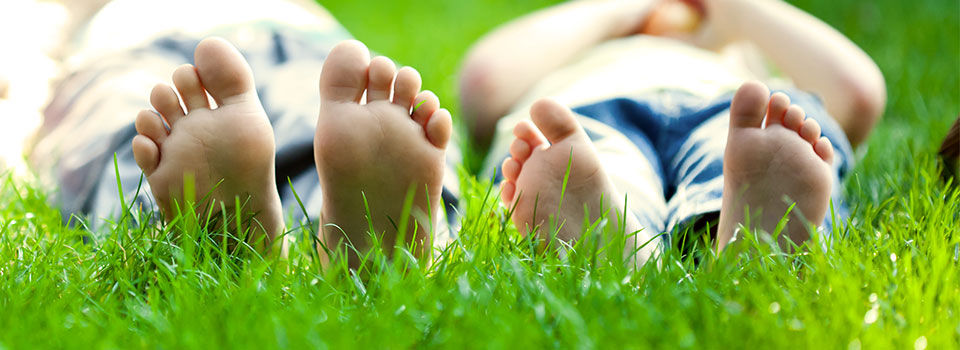
A yard full of healthy, green grass is a labor of love. While harsh chemicals may eliminate unwanted pests, they can also cause damage to the soil, nearby lakes, streams, and waterways. These environmentally friendly lawn care tips will help ensure safe lawn care.

When doing indoor and outdoor household chores, consider the ecological impact of the products you use.
Cities and municipalities in the United States have various rules for the use of chemical fertilizers and pesticides. In any case, organic products are a great way to go.
In Florida, for example, local governments — encouraged by the state — have passed a hodgepodge of rules to protect watersheds from absorbing pesticides and fertilizers that seep into the ground. Florida has rivers and streams that carry fertilizers and weed killers directly to its lakes, the Gulf of Mexico and the Atlantic Ocean.
Another example is Ohio, where chemicals can run into lakes, rivers, and canals such as the Olentangy, Scioto, and Ohio Rivers, and as far as Lake Erie.
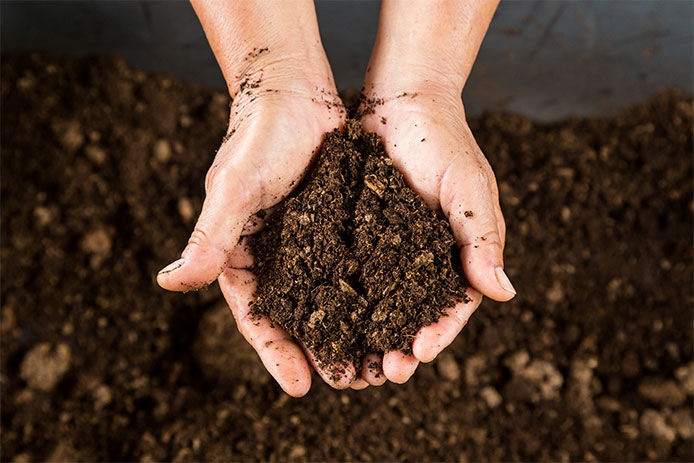
Many fertilizers claim to be organic, but knowing the difference will help you make a wise choice. An organic product is animal or plant-based and occurs by a natural process, which includes compost, manures, leaves, and grass clippings. Synthetic (chemical) fertilizers and weed killers are "inorganic." Fertilizers supply grass with nitrogen, phosphorus, and potassium (NPK). Organic lawn fertilizer is packaged and labeled with words like "natural organic" or "slow release." If the NPK ratio is higher than 15, pass on it. Organic fertilizers vary based on region and soil pH.
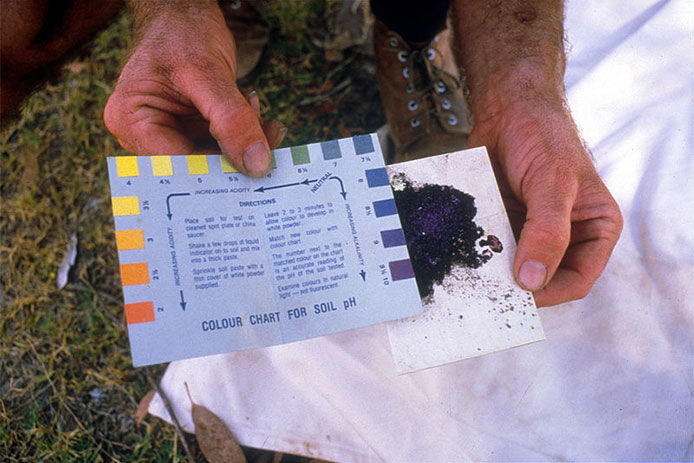
Determining the type and pH balance of your soil is the first step to a healthy lawn. Soil test kits are available, or you can contact your local county extension service for advice. Aerating the grass is also a good idea, whether you do it with a pitchfork or spiked shoes, rent a mechanical corer, or hire a lawn service. Aeration allows roots to breathe. Keep in mind, your best defense against pests and disease is proper lawn maintenance. Weekly mowing with the mower set to the right height for your grass type ensures a good cut. Leave the grass clippings on the lawn to act as a natural fertilizer.
Warm, wet soil brings out the best in organic fertilizers as microbes break down mulching materials like grass and fallen leaves. This slow-release method doesn't work as promptly as chemicals, but you also don't risk burning the grass. You also won't be adding to the chemicals that make it to nearby watersheds.
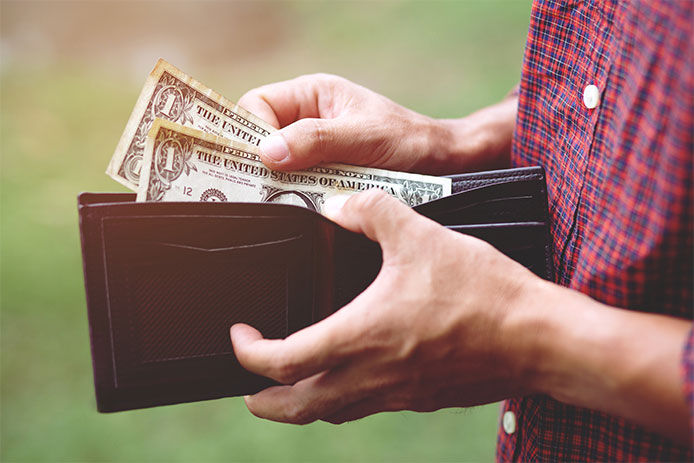
Yes, some natural fertilizers cost more than the chemical varieties, but your soil will be cleaner. Natural fertilizers will allow grass blades to absorb needed nutrients better. By composting grass, leaves, and food scraps, you can cut down on fertilizer costs altogether.
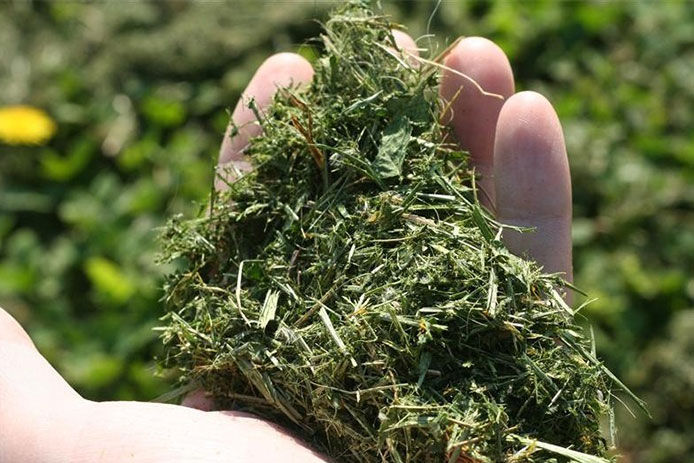
Weeds happen. Don't make yourself crazy when those darn things start sprouting after you've treated an area. Sometimes a simple garden spade and bucket are all you need. A little sweat goes a long way, and you'll be doing the environment a great favor.
Article Author
Teri Silver is a journalist and outdoor enthusiast who spends her weekends mowing her 5-acre lawn. She's an avid do-it-yourselfer who refurbishes anything she can get her hands-on.